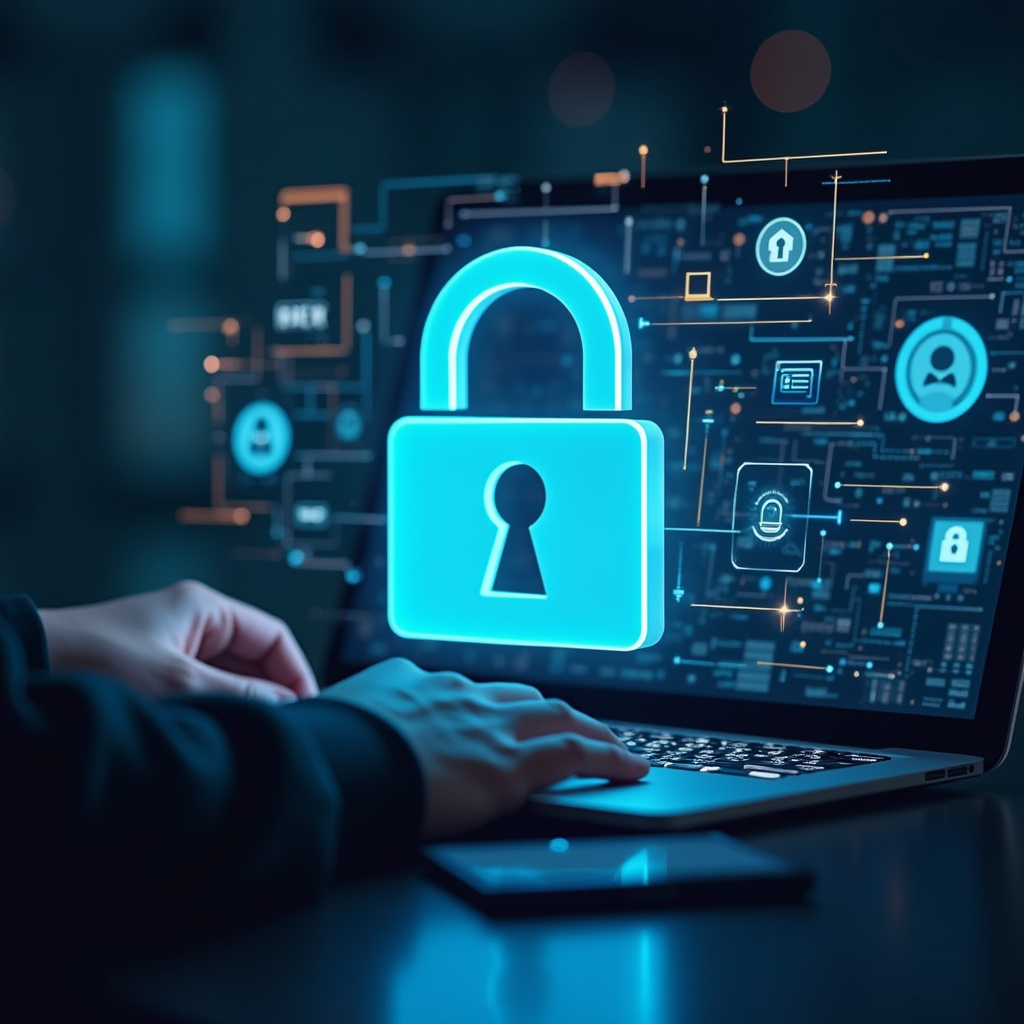Cybersecurity Essentials in the Digital Age

Introduction: Why Cybersecurity Matters
In today’s fast-paced digital world, where we rely heavily on technology for everything from communication to banking, understanding cybersecurity is more important than ever. Cybersecurity refers to the practices and measures taken to protect computers, networks, and data from unauthorized access, damage, or theft. Whether you’re a student, a professional, or just someone who enjoys browsing the web, knowing the essentials of cybersecurity can help you stay safe online.
Common Cyber Threats
Every day, we face various cyber threats that target our personal information and online security. Here are some of the most common threats:
- Phishing: This involves tricking individuals into providing sensitive information, like passwords or credit card numbers, often through fake emails or websites.
- Malware: Short for malicious software, malware includes viruses, ransomware, and spyware that can harm your device or steal your data.
- Hacking: Cybercriminals may exploit vulnerabilities in software or networks to gain unauthorized access to systems and data.
- Social Engineering: This manipulative technique involves tricking people into revealing confidential information by pretending to be a trustworthy entity.
Basic Cybersecurity Practices
Now that we understand the common threats, let’s discuss some essential cybersecurity practices that everyone should adopt to protect themselves online:
- Use Strong Passwords: Create complex passwords that use a mix of letters, numbers, and symbols. Avoid using easily guessable information, such as birthdays or names.
- Enable Two-Factor Authentication (2FA): Whenever possible, activate 2FA for an added layer of security. This requires a second form of verification, like a code sent to your phone.
- Keep Software Updated: Regularly update your operating system and applications. Updates often include security patches that protect against vulnerabilities.
- Be Wary of Public Wi-Fi: Avoid accessing sensitive information over public Wi-Fi networks, as they can be insecure. If necessary, use a Virtual Private Network (VPN) for a secure connection.
- Think Before You Click: Be cautious with links and attachments in emails or messages, especially from unknown senders. Verify the source before taking action.
The Importance of Backing Up Data
Backing up your data is a crucial aspect of cybersecurity. In case of a cyber-attack, such as ransomware, where your files could be locked or deleted, having a backup ensures that you won’t lose important information. Here are a few tips for effective data backup:
- Use External Drives: Regularly back up your files to an external hard drive or USB stick.
- Cloud Storage: Consider using cloud services like Google Drive or Dropbox for automatic backups.
- Set a Schedule: Create a regular schedule for backing up your data, so it becomes part of your routine.
Conclusion: Staying Informed and Vigilant
Cybersecurity is an ongoing process that requires awareness and vigilance. By understanding common threats and implementing basic security practices, you can significantly reduce your risk of becoming a victim of cybercrime. Remember, staying informed about the latest cybersecurity trends and threats is key. The digital age offers incredible opportunities, but it’s essential to navigate it safely.




